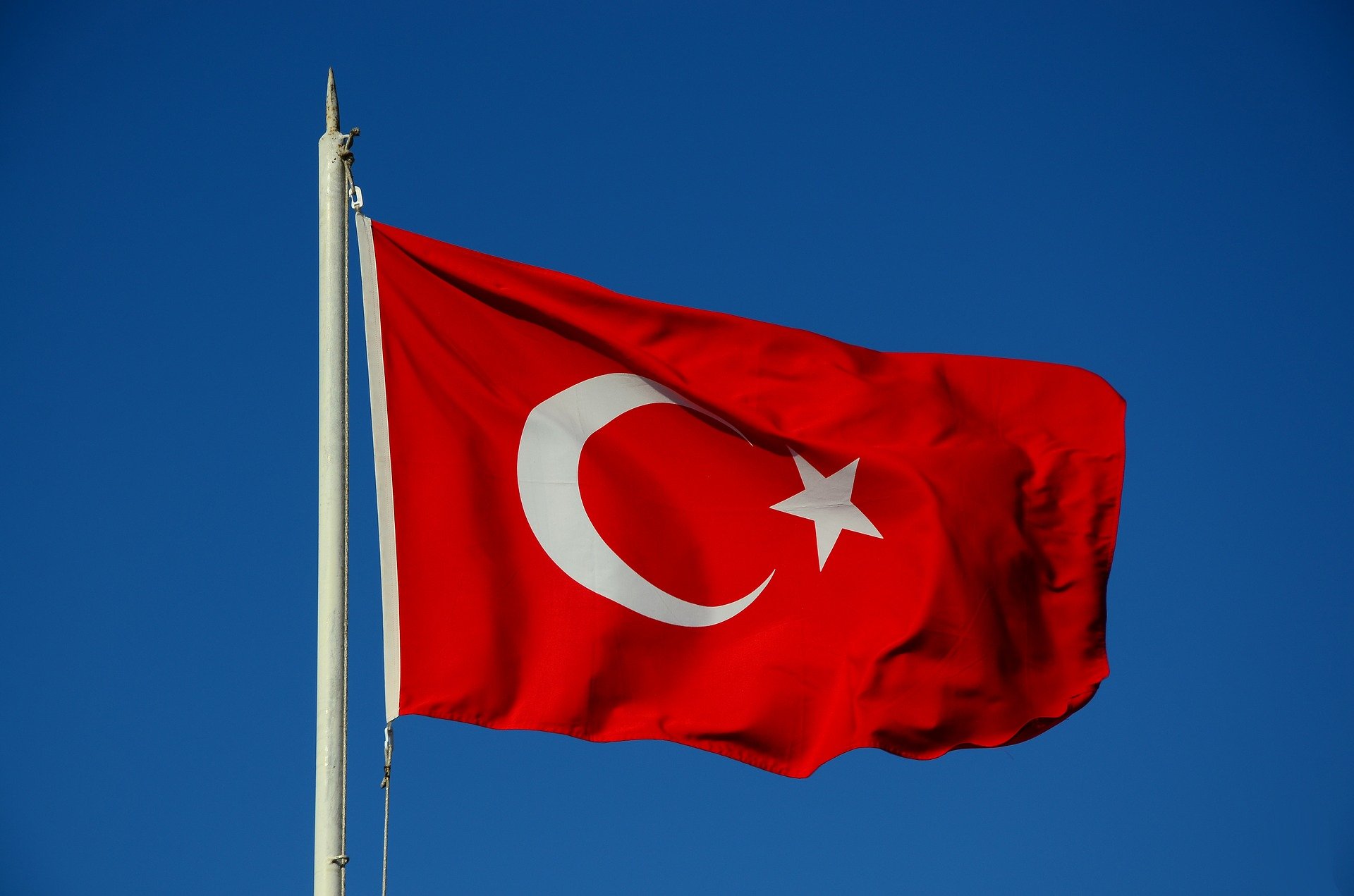The path beyond the pandemic
The G20 has become the premier forum for international cooperation in overcoming many challenges faced by countries after the 2008 global financial crisis. I believe that the G20 can also play a key role in combatting the global COVID-19 pandemic.
COVID-19 has become one of the biggest tragedies of our age due to its devastating effects on the global and national economies as well as on health systems. In the first half of 2020 we have seen significant losses in production and growth, and increases in unemployment rates and poverty stemming from those challenges in the world.
Although the effects of COVID-19 have been subdued thanks to supportive policies, returning to pre-pandemic economic conditions will be only achievable by controlling the spread of the virus. However, it is also essential to strike the right balance between public health measures and ensuring the continuation of social and economic activities.
Turkey was caught relatively well prepared against COVID-19. We have taken advantage of our investments, particularly in the health sector over the past 18 years. With the contribution of our strong health infrastructure, inclusive social protection systems, timely measures and the dedication of 1.1 million health workers, we have overcome the first wave of the pandemic with the least damage. We further strengthened our health infrastructure by building 15 new hospitals with a total of 16,000 beds and 10 additional service facilities. While meeting the needs of our citizens, we have also sent medical supplies to 155 countries and eight international organisations regardless of their religion, language and race.
A period of rapid recovery
We have launched the Economic Stability Shield Package for households, tradespeople and firms to minimise the adverse effects of the pandemic. We have periodically updated and extended its scope by considering emerging needs and circumstances. Thanks to the policy measures we have taken, our economy achieved a rapid recovery period. Despite the pessimistic global economic outlook, we expect to complete the year 2020 with economic growth.
Through effective international cooperation and solidarity, we can put an end to the pandemic, which is a global challenge, and eliminate its adverse economic effects. The coronavirus pandemic has once again demonstrated the significance of the G20’s cooperation and consensus spirit. As we did during the global financial crisis, we must now act in solidarity and strive to restore global confidence. The G20 must play a leading role, take responsibility and adopt a collaborative approach on a global scale.
During the pandemic, we have seen that disruptions in supply chains also have global effects, considering the long, intertwined structures in global trade. In this regard, the G20 should take steps to facilitate international trade. We should concentrate our efforts towards making supply chains resilient in the long run.
I would like to emphasise the importance of cooperation among G20 members, including through swap agreements, in alleviating the financial impact of the pandemic. We need to accomplish these agreements immediately in order to ensure confidence in the global economy. Furthermore, we should not allow the challenges we are currently facing to strengthen the protectionist tendencies prevailing in global trade and to cause the rise in policies that are incompatible with the principles of the World Trade Organization. An open, multilateral and rule-based international trading system in which the WTO is at the centre would play a major role in reducing the unfavourable effects of pandemic measures.
We are witnessing the pandemic sharpen existing injustices and inequalities in the world. Especially disadvantaged segments of society feel the burden of the pandemic more. Unfortunately, health systems in countries affected by conflicts and wars have become blocked and unusable. Refugees and forcibly displaced persons are at the highest risk of experiencing devastating losses from the pandemic. Turkey hosts the highest number of refugees in the world and has become a safe harbour for 4 million foreigners, of whom 3.6 million are Syrians, who have been forced to leave their countries. Each country should play its part and share the burden and responsibility equitably in this refugee reality. It is also important to mobilise humanitarian aid and financial sources especially for war-affected areas and populations at risk.
This pandemic has reminded all of us that despite the differences in our languages, religions and countries, our fate is common. None of us has the luxury of implementing protectionist and unilateral policies. It should not be forgotten that nobody would be safe until everyone is safe. As the COVID-19 vaccine is developed, it is essential to ensure all countries have fair and equal access to it and not to allow vaccine nationalism. Moreover, it is critical that all countries work in cooperation with the World Health Organization.
Combatting climate change, which is one of the topics of the Riyadh Summit, means safeguarding not only our present but also our future. Turkey plays its part in the fight against environmental problems, climate change and biodiversity losses. We believe that countries should contribute in line with their historical responsibilities and development stages.
I would like to once again highlight the importance of international cooperation and the G20 platform in building more prosperous and inclusive societies. I hope the Riyadh Summit would bring favourable results in overcoming the crisis as soon as possible through strengthening the ties among our countries.












